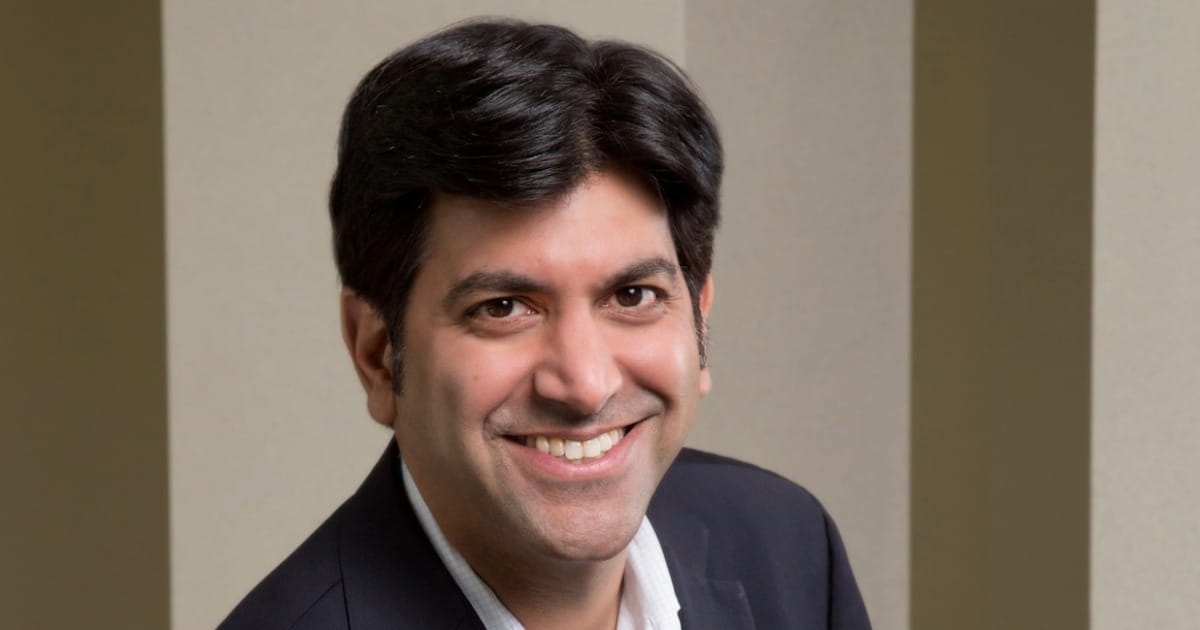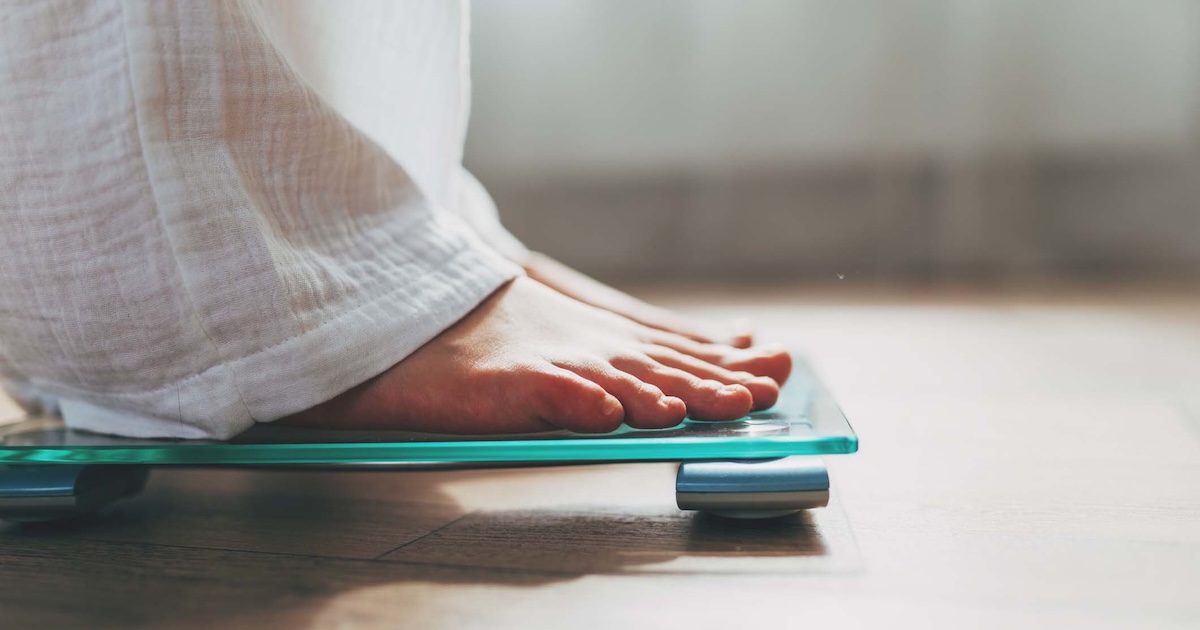Crowdfunding platforms can be the last refuge of a desperate entrepreneur or the go-to market strategy for an appealing consumer product. When a product does well, it does really well, smashing records and even outstripping its own ability to deliver on the goods. When it does badly, well, it often fades away, or at least the company realizes that D2C might not be their best channel.
It's no surprise that this high-risk high-reward platform is attractive to mobile health innovators, and with Kickstarter strictly barring health-related products, most seem to end up on Indiegogo -- besides the Misfit Shine activity tracker, we've written about Lumoback, Sqord, the uBox, and a host of other crowdfunded projects on that platform. Here's five new mobile health products on Indiegogo right now, from the nearly funded to the barely off the ground:

The crowded nature of the fitness tracker field hasn't held back this up-and-coming tracker, which, with about 13 hours left to go, is already more than 600 percent funded, raising more than $500,000 from an original $90,000 goal. Amiigo's system is composed of a bracelet, a shoe clip, and an app. The company claims the combination of the shoe clip and the bracelet allows the tracker to determine exactly what a user is doing -- distinguishing between such different activities as running, swimming, doing different exercises and using different weight machines. The vitals Amiigo tracks -- heart rate, blood oxygen levels, skin temperature, overall activity level, and calories burned -- may be similar to other trackers, but combining that data with exactly what the user is doing, automatically, is a powerful draw for self-trackers and fitness enthusiasts.
The app is designed for iPhone 4S and select Android devices, connects via Bluetooth, and has social features to compete with friends and earn points, and the system will have an open source SDK. The bracelet and shoe clip are completely waterproof, although it's unclear

You might not think of a breathalyzer as a health device, but as mobile tools go, understanding your blood alcohol level on the go could go along way toward keeping people safer . The Breathometer is a remarkably small breathalyzer that connects to a smartphone via the headphone jack. The user blows into the device, and within a few seconds the app presents an intuitively designed display which shows the user's blood alcohol content, and whether it's above or below the legal limit for driving. The app runs on Apple and Android devices and also tracks past results to give the user an idea of how fast they metabolize alcohol. The creators are even hoping to incorporate a one-touch taxi call function into the device or the app. With 30 days left in its campaign, Breathometer is already overfunded, having raised $42,000 of a $25,000 goal.
LifeBEAM's SMART cycling helmet

A recent report on wearable sensors suggested that to be adopted, they either need to be stylish or built into something you'd wear anyway. To be safe, every cyclist should be wearing a helmet anyway. LifeBEAM's innovation is to build a heart rate sensort right into that safety headgear.
Having previously developed smart helmets for fighter pilots, LifeBEAM has adapted that technology to the world of cycling. The helmet contains a three-axis accelerometer and an optical heart rate sensor located in the front of the helmet, which can read the user's pulse from their forehead. The company promises to transmit the data in realtime to smartphones, smartwatches, and cycling computers.
In the future, the company wants to build in additional sensors, and even incorporate a native heads up display, like in fighter pilot helmets. With 47 days remaining, LifeBEAM is just $10,000 shy of their $50,000 goal.
Silverline Smartphones for Seniors

Companies like GreatCall and Doro have built their business around designing phones -- and, recently, smartphones as well -- for the particular needs of seniors. Silverline, which originated as a charity program in Singapore, believes more can be accomplished for less by building new apps to run on secondhand smartphones.
Perhaps not surprisingly, two of the five apps Silverline is developing are health-related. One, called Well Being, provides reminders to exercise, drink water, and take medication. It includes a mood tracker and video health tips. The other, called Emergency, makes it easy for seniors to call emergency services, but also incorporates passive monitoring. If the phone detects a fall or a long period of disuse or inactivity, it will send the senior a message. If they don't respond, it will automatically alert authorities. The creators also describe "a game that will detect cognitive decline" among their apps under development.
With a month still to go in the campaign, Silverline is not quite halfway to their goal of raising $50,000.

Mobile mental health is the goal of the MoodTune app from startup BrainTracer, specifically the treatment of depression. There's a healthy skepticism around mobile games that claim to make a difference in mental health conditions, but MoodTune does derive some legitimacy from its inventor, Diego Pizzagalli, a professor of psychology at Harvard University. According to a report in Popular Science, Pizzagalli's research found that confronting people with a certain kind of snap decision activated the same part of their brain as antidepressants and psychotherapy. MoodTune builds on that research, using a mental flexibility game to help address depression.
With less than $2,000 raised so far of a $152,000 goal, and only two weeks left to go, MoodTune's Indiegogo campaign looks a little less promising than the other four.


